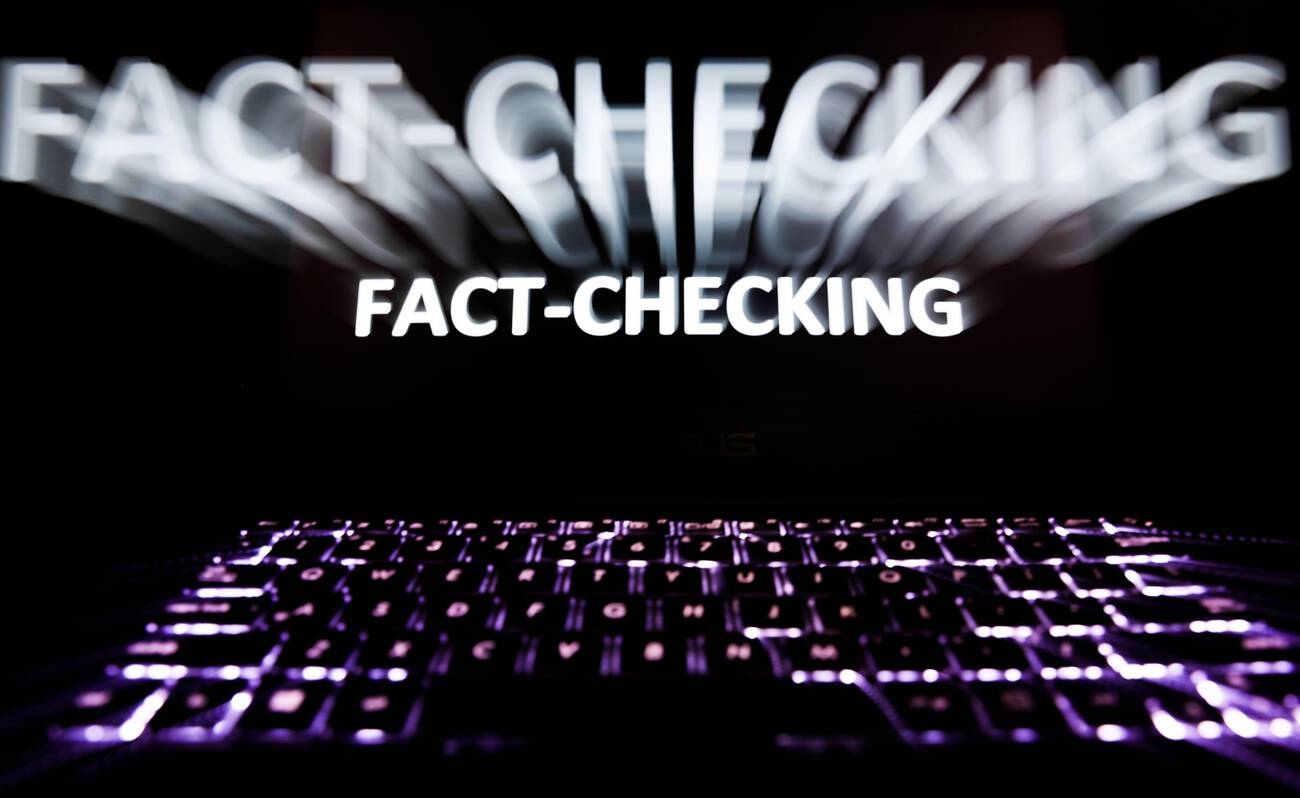Recently Mark Zuckerberg announced that all the Meta owned social media platforms will be making changes to their content moderation policies. He claims there are going to be a large number of changes coming to platforms such as Instagram and Facebook. But the most noteworthy change being made is that Meta will no longer be using fact-checking organizations on their platforms.
This has, naturally, caused quite the stir. People on every side of the social and political aisle are weighing in on the matter. Some are overjoyed at this upcoming change. While others fear that this is a slippery slope that will lead to more misinformation being spread across social media. So why exactly is Meta making these changes? And will it be a net positive or negative for society?
The Community Notes System
It is important to keep in mind that a lot of the headlines surrounding the upcoming changes don’t tell the whole story. People are quick to jump to conclusions about the changes without diving deeper into the facts.
Meta is getting rid of fact-checking organizations on their platforms. But the fact-checking feature is being replaced with a community notes system. This system has been seen on many other social media platforms. Most notably on X, which was formerly Twitter. The idea is that it is up to the community to verify the validity of a post’s content.
Zuckerberg has claimed that this is to bring Meta’s platforms back in line with their original purpose. Platforms designed to promote freedom of expression and open discourse. But why has he decided that this is a better alternative to verified fact-checkers? In his statement he claims that a lot of the most popular fact-checking organizations have a bias towards one side of the political spectrum. In the same statement he discussed immigration and gender.
This has led many of his detractors to claim that his motives are already extremely biased. Whereas those on the political right have been applauding this move. The same people who all too often claim that fact-checkers on social media are little more than censors trying to stifle their political message.
Many have said that this move is directly inspired by Donald Trump winning the election. And this is further compounded by the fact that Meta is moving their operations to Texas. Zuckerberg directly stated that this is due to the fact that Texas is more favourably viewed by Trump than California. This has added more fuel to the idea that Zuckerberg already has a major bias. And this bias is causing a political shift that will have massive repercussions for all of Meta’s platforms.
The User Consequences
So what does this mean for the users? Well broadly speaking there won’t be much of a visible change to the user experience. Especially for those that only use social media for entertainment and social purposes. The main people that are going to be affected are those who engage in political discourse or activism on the site.
One of the main changes we expect to see is a huge drop in users on all of Meta’s platforms. When Elon Musk bought Twitter the platform saw a huge dip in users. And it has yet to regain anywhere near the number it lost. And this will likely happen to Facebook and Instagram too.
This will directly impact the general user experience. As more people start to leave the platforms, influencers will find getting more Instagram views difficult. There are, of course, ways around this with profile boosting services. This is, of course, all speculation based on the buyout of Twitter. But we can’t say anything for certain. If anything these changes could end up bringing in more users. There is a huge percentage of people that have been avoiding platforms such as Facebook and Instagram because of the fact-checking organizations present on them.
The Spread Of Misinformation
So what about the claims that these changes will increase the spread of misinformation. We are quite optimistic that there won’t be an increase in the spread of misinformation. The community notes system has been proven to be just as effective as a fact-checking tool.
But the main thing to consider is the fact that, if someone is unwilling to listen to reason, then no amount of fact-checking can change their minds. Facebook has often been cited as one of the worst social media platforms for the spread of misinformation. Yet this was while it was using the verified fact-checker organizations. Proving that these institutions aren’t all that effective in combatting the spread of misinformation.
The community notes system will, if anything, make fact-checking more valid and in-depth. It is difficult to know how biased an official fact-checking organization is. Whereas a community notes system, by allowing anyone to provide fact-checking insights, can provide more data and validity to any information being provided.
